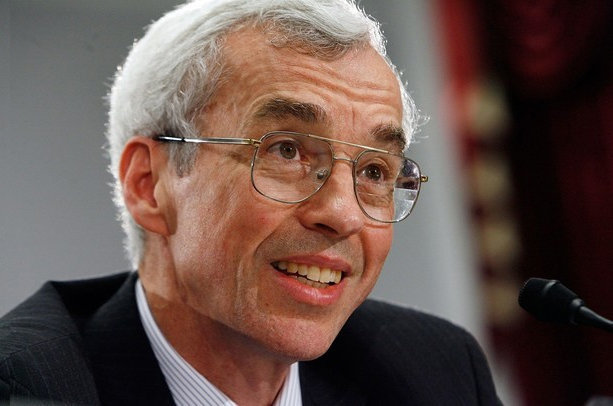MbS condition will get worse after Salman death: Paul Pillar

TEHRAN – Professor Paul Pillar, who was CIA intelligence analyst for 28 years, tells that the death of Salman and the need to select a new king will bring to a head the competition between MBS and those members of the royal family who oppose his acquisition of absolute power.
Pillar says “But he has been able to do what he has done because his father, King Salman, has permitted him to grab power.”
He also adds that “Once Salman is gone, other family members may feel better able to challenge MBS.”
Following is the text of the interview:
Q: What were the reasons for the arrest of the Saudi princes, including the brother of King Salman, by the Saudi government?
A: The arrests were another step in Mohammed bin Salman's (MBS) consolidation of power. The announced charges against the arrested individuals probably are contrived. Two of those arrested--Prince Ahmed and Prince Mohammed bin Nayef--are along those who would have the greatest claim to power themselves, and evidently MBS considered it necessary to eliminate them as competitors.
Q: The physical condition of King Salman seems to be inadequate and this has led to a power struggle in Saudi Arabia. How do you foresee the power equations after King Salman's eventual death?
A: The death of Salman and the need to select a new king will bring to a head the competition between MBS and those members of the royal family who oppose his acquisition of absolute power. MBS clearly has the insight track for becoming king. But he has been able to do what he has done because his father, King Salman, has permitted him to grab power. Once Salman is gone, other family members may feel better able to challenge MBS.
Q: Is Muhammad bin Salman also an American and Western option for the kingdom in Saudi Arabia?
A: The Trump administration seems to be satisfied with having a close relationship with MBS, even though this has meant largely looking the other way regarding the murder of Jamal Khashoggi. This policy risks associating the United States with controversial policies of MBS, and antagonizing elements in Saudi Arabia that may yet successfully oppose him.
Q: Given Mohammed bin Salman's actions in domestic politics, including music concerts and sidelines on social and cultural reforms, will the clergy and traditionalists tolerate his actions?
A: Whoever is the ruler in Saudi Arabia will face competing demands from the conservative religious establishment and from other Saudis, especially younger ones, who favor a more liberal society. There is no reason to believe that MBS will be any better at striking this balance than another ruler would be. Probably MBS will follow he example of earlier Saudi rulers and grant concessions to the religious establishment over matters most important to them, such as education, in exchange for MBS getting some more flexibility in making changes in other areas.
Q: In your opinion, what economic and social impacts of a fall in oil prices will have on a country such as Saudi Arabia, whose economy is dependent on oil?
A: The negative impact is substantial, and it is likely to get worse for Saudi Arabia before it gets better. Russia has indicated it does not intend to cut oil production to boost prices, and that it would be happy to see low prices for a while to try to hurt U.S. oil producers using fracking technology.
Leave a Comment